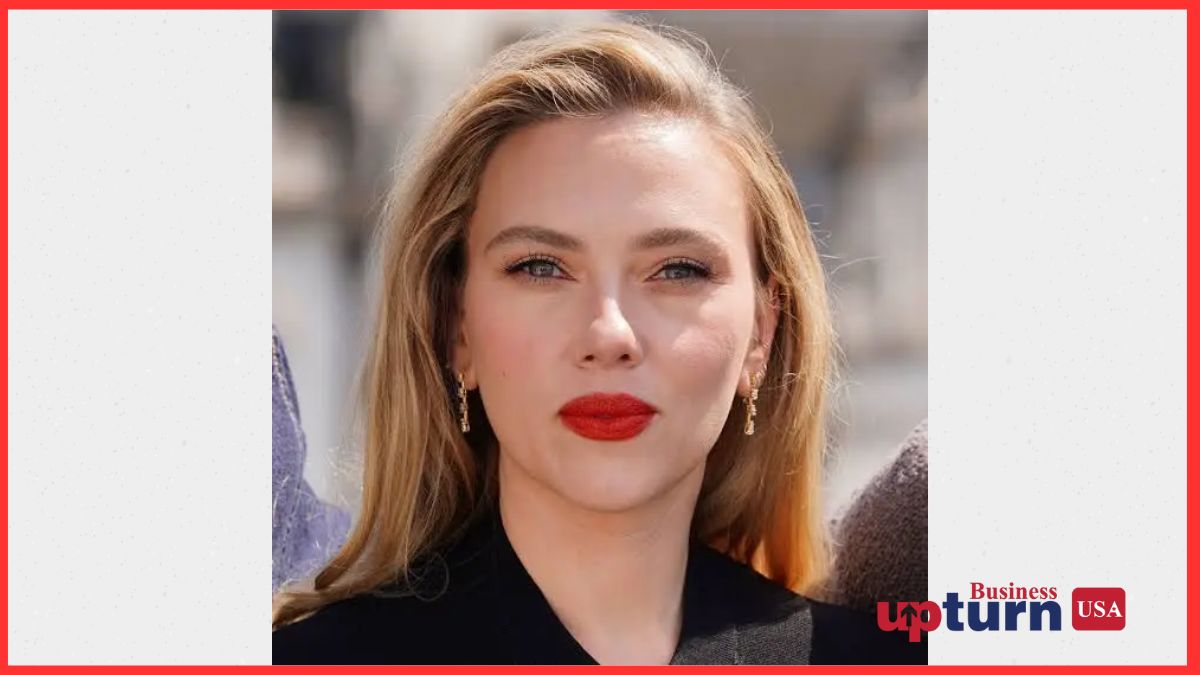Scarlett Johansson’s rise in Hollywood reads almost like a film itself — a story of persistence, range, and transformation. As she celebrates her birthday today, it feels like the perfect moment to look back at the journey that shaped her into one of the most influential and highest-grossing actresses of her generation, and to revisit the films that defined her remarkable career.
Johansson’s entry into the entertainment industry began early. Born in New York City, she grew up surrounded by the artistic pulse of the city, and by age eight she was already performing. Her first major break came at just nine years old with “North” (1994), but it was “The Horse Whisperer” (1998) that positioned her as a rising young talent. At only 14, she delivered a performance far beyond her years, earning critical praise and proving she wasn’t just another child actor passing through Hollywood — she was here to stay.
Her true turning point arrived in the early 2000s. “Lost in Translation” (2003), directed by Sofia Coppola, showcased Johansson in a role that remains one of her most universally celebrated performances. As Charlotte — a young woman adrift in Tokyo — Johansson brought quiet depth, vulnerability, and maturity. The film earned her a BAFTA Award for Best Actress and established her as a sophisticated performer capable of anchoring emotionally nuanced stories.
Around the same time, Johansson delivered a powerful performance in “Girl with a Pearl Earring” (2003). Playing the enigmatic muse of Dutch painter Johannes Vermeer, she excelled in a role that required minimal dialogue but immense expressive control. Her ability to communicate entire emotional landscapes with a single glance became one of her signature strengths.
Over the next decade, Johansson took on roles that highlighted her versatility — from historical dramas to romantic comedies — but nothing transformed her image more profoundly than her entry into the Marvel Cinematic Universe. As Natasha Romanoff / Black Widow, beginning with “Iron Man 2” (2010), Johansson redefined what a female action hero could look like. She combined physical intensity, intelligence, and emotional depth, turning Black Widow into one of the MCU’s most essential and beloved characters. Films like “The Avengers” (2012), “Captain America: The Winter Soldier” (2014), and her long-awaited standalone film “Black Widow” (2021) elevated her global stardom and cemented her status as a cultural icon.
Yet, even at the height of blockbuster fame, Johansson continued to choose roles that tested her artistic boundaries. Her voice performance as Samantha in “Her” (2013) remains one of the most extraordinary vocal performances in contemporary cinema — intimate, warm, and heartbreakingly human. In “Under the Skin” (2013), she embraced a haunting, experimental role that challenged conventional acting and won the film cult acclaim.
Perhaps one of the most significant highlights of her later career came with “Marriage Story” (2019), where she delivered one of her finest performances to date. Playing a woman navigating love, divorce, and self-rediscovery, Johansson earned an Academy Award nomination and widespread praise for her emotional honesty and layered portrayal.
Scarlett Johansson’s filmography is rich, diverse, and continually evolving. From indie cinema to global blockbusters, she has consistently shown a willingness to reinvent herself — to take risks, embrace complexity, and tell stories that resonate.
On her birthday, we celebrate not just the longevity of her career, but its boldness. Johansson’s journey reflects a rare balance of commercial success and artistic integrity. And as her body of work continues to grow, one thing remains certain: Scarlett Johansson is not just a star — she is one of the defining actresses of her era, with a legacy that will continue to inspire generations.


